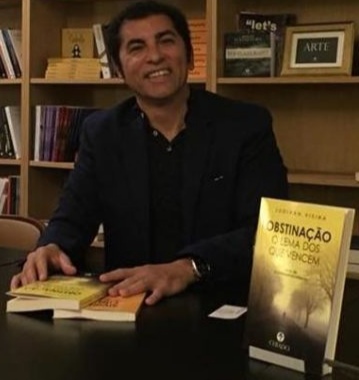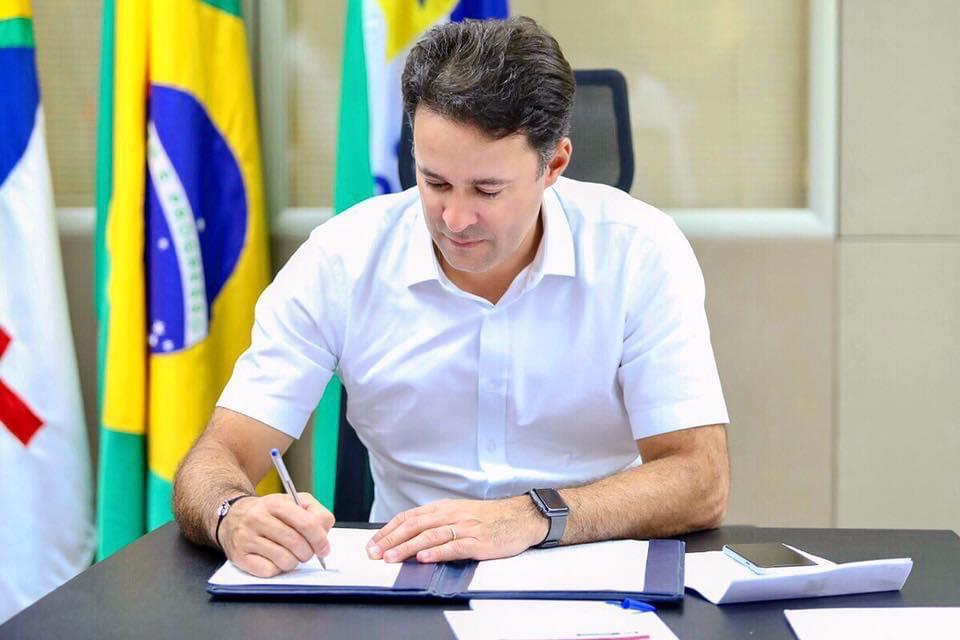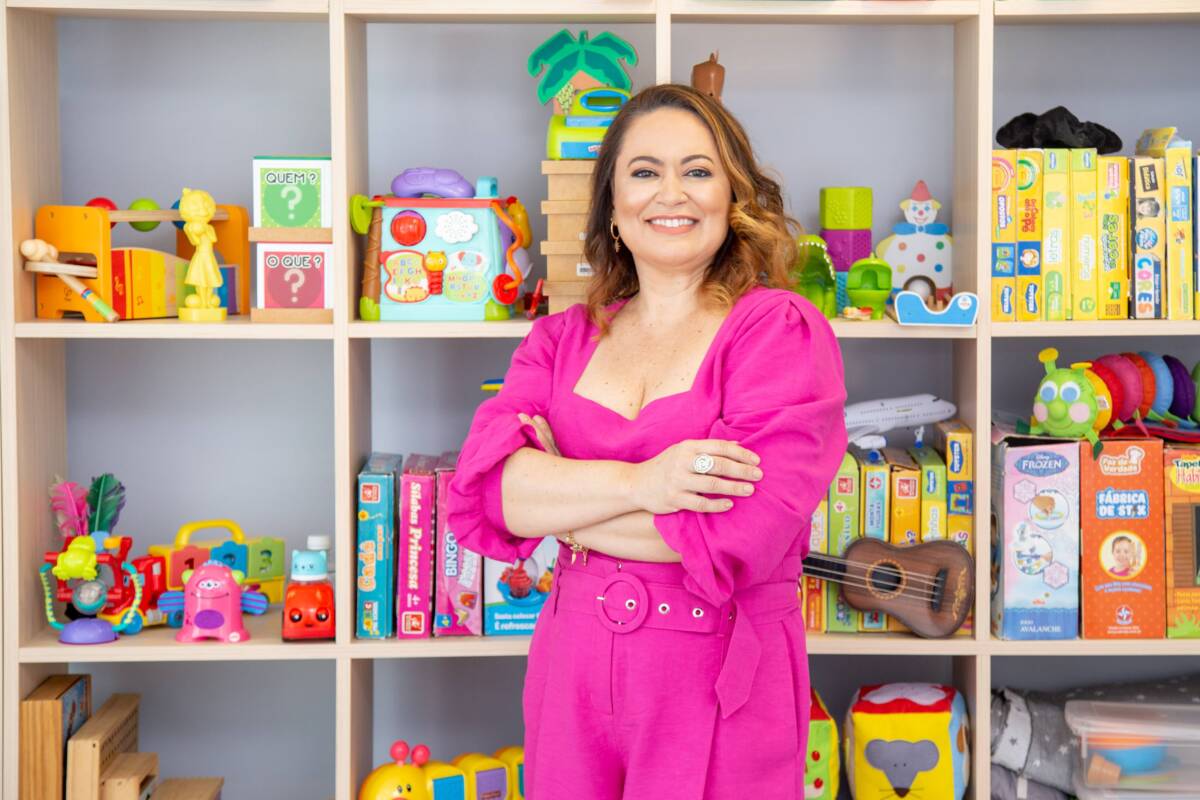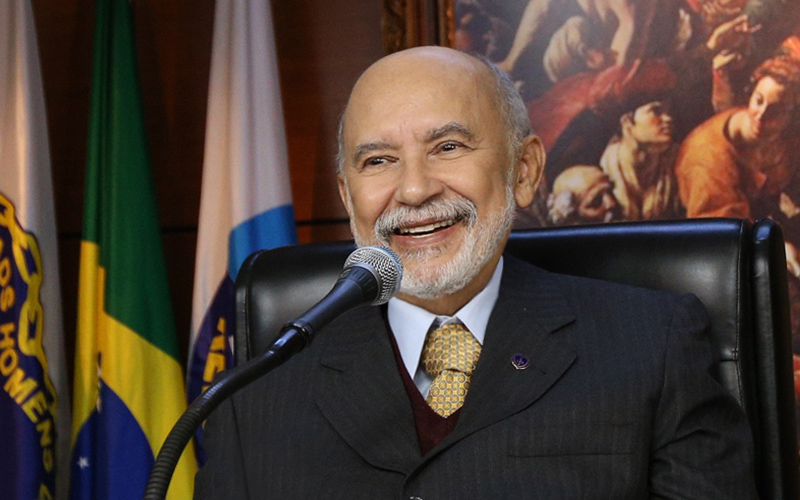
Independence Day (July 4th). Fly again, USA. You can do it!
From Brasília, the capital of Brazil.
Starting in October 2019, when the expression “new normal” breaks out in Wuhan, China, he gains even more skilled survival.
That is why the 2008 crisis had drastic effects on the world economy, with huge repercussions on people’s physical and mental health. In 2014, for example, the British Medical Journal published an analysis of the 2008-10 crisis concluding that “In 2008, the number of suicides began to rise in England, from a minimum of 20 years, increasing by 7% among men and 8% among women compared to the previous year. Although suicides began to fall again in 2010, they are still above the corresponding figures in 2007”.
The English newspaper adds that other factors may have caused the observed increase, apart from the crisis, but also says that “a considerable body of research at the individual level, based on longitudinal studies, indicates that unemployment increases the risk of suicide and non-fatal personal injury ”
Suicide resulting from crises caused by economic events are issues that world governments avoid, including the fear of raising awareness of the objective and subjective responsibility of the State. If people wake up to this fact and the world judicial powers decide to be more faithful to justice than to the ideological commitments they assume, we will have thousands of actions for damages for material and moral losses and damages brought against governments, by those who they lose businesses and loved ones, the fault of the State. As a US Attorney, who I was, and as a lawyer, I see that state responsibility is entirely possible. But, as the focus of this article is different, let’s move on to our destination. (if you want to read the full article, here is the link: https://www.bmj.com/content/345/bmj.e5142)
To give you an idea of the economic impact of the 2008-10 crisis, the city of Detroit. With debts exceeding $15 billion, he filed for bankruptcy.
Now imagine the economic and financial impact of the people who lost their jobs and, as a consequence, their housing, security, children who do not go to school, health plans, the ability to provide daily food for themselves and their families, and in short, people who have lost their social dignity, since this is what everyone seeks in modern society and what the State promises to everyone.
In such a scenario, can you imagine how life changes? Can you understand how it was no longer “normal”? Almost everyone complains about the routine in life, but that complaint is silly! It is planted in our consciousness by the entertainment industry and the providers of products and services in general, who need our dissatisfaction and disagreement with who we are, what we have and what we do.
After all, it is this dissatisfaction and nonconformity that leads us to want more and more, but it also pushes many people, with initial, subtle and then overwhelming force, into depression, panic syndrome and other modern psychosomatic illnesses.
The Coronavirus / Covid-19 pandemic certainly imposes disruptions in various aspects of individual and social life.
Individual changes:
1 — use of a mask (something that the Orientals already did naturally);
2 — consumption of products and services through the Internet (a habit that changed market relations);
3 — revaluation of family relationships;
4 — revaluation of simple hygiene habits, once so despised;
5 — empathy. It is possible to see some people “putting on other people’s shoes”.
6 — social detachment, temporarily, forced to interrupt the culture of handshaking and patting on the back, so common in some cultures (Brazilian, Galician and Portuguese, for example);
7 — the smiling look as a form of greeting and kindness, which some people begin to develop, to replace the handshake.
These changes are exemplary, of new habits that force us to break with our old “normality”. It will last? I honestly don’t know! Some habits must remain after the pandemic, others may suffer setbacks, and others will continue to evolve into new ways. In the case of family life, there are cases of continental families and families of the archipelago.
The “continent” family is united, naturally united. They all come together to help each other. The family entity is like a circle that embraces everyone. The archipelago family is made up of the same blood ties as the continental family, but its members live better isolated, like islands in an archipelago. In this type of family, a reunion rarely ends in a fight or confusion.
The pandemic also imposes:
1 — unemployment, by the thousands;
2 — bankruptcies of legal entities (have you noticed how many advertisements of companies that are closing their doors, selling themselves, merging to survive the crisis?)
3 — starvation of street vendors, street vendors, and other informal economy workers who have been unable to go outside to sell their products for six months and will likely not be able to do so fully until the new vaccine comes out (despite the agreement between Brazil and the University) of Oxford and AstraZeneca, for the purchase of 100 million vaccines against Covid-19, it should still take around six months for everything to be effective).
What interruptions do you think these three situations impose on people, individually? If we add the interruptions that each person suffers, we will have social waves that will end up impacting everyone, since life in society is like a chain, in which the breaking of a link affects the chain as a whole. Will we come out of this pandemic, a little more humane?
Follow me on Instagram: judivan j vieira










